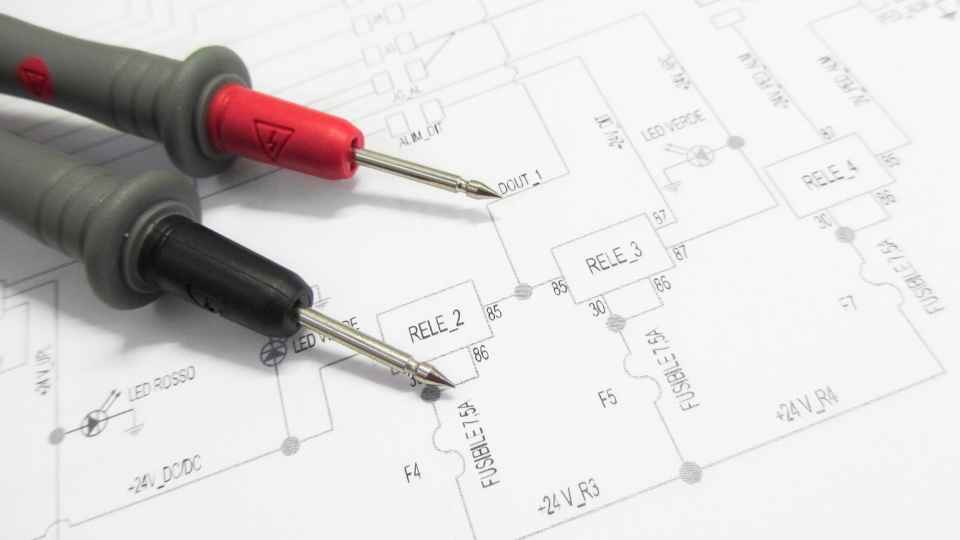
In today's fast-paced technological world, the demand for skilled electronics professionals is on the rise. To meet this demand and ensure efficient and precise work, it is crucial to have a well-equipped electronics bench.
Among the essential tools that contribute to a successful workspace are magnifying lamps and lab power supplies. In this article, we will delve into the importance of these tools in electronic component handling and explore their necessity for creating a safe and organized workspace.
Join us as we discuss how crafting the perfect electronics bench can enhance productivity and maximize your potential in this ever-evolving field.
Key Takeaways
- Magnifying lamps are essential for enhancing precision and accuracy in electronics work, providing a clear view of small components, and reducing chances of errors in assembly process.
- Lab power supplies are crucial for providing a stable and adjustable voltage source, allowing precise control of voltage and current output, and safeguarding against potential damage to sensitive components.
- Fine-tipped tweezers, precision screwdrivers, soldering iron with adjustable temperature control, antistatic wrist strap, and digital multimeter are essential tools for efficient electronic component handling.
- Creating a safe and organized workspace with containers or bins for component storage, separate compartments, labeling containers, and designated areas for tools and equipment promotes efficiency, minimizes accidents or damage, and maximizes productivity in electronic projects.
Importance of a Well-Equipped Electronics Bench
Having a well-equipped electronics bench is of utmost importance for any electronics professional, as it provides the necessary tools and equipment to effectively carry out various tasks and ensure accurate results. A well-equipped electronics bench should include essential items such as soldering stations, multimeters, oscilloscopes, and signal generators. These tools enable professionals to assemble circuits, measure electrical parameters, analyze waveforms, and generate test signals during the development and testing stages of electronic projects.
Additionally, magnifying lamps are indispensable on an electronics bench. They provide increased visibility of small components and intricate circuitry, ensuring precision in soldering joints and component placement. With adjustable arms and high-quality lenses that offer magnification options ranging from 2x to 10x or more, these lamps allow professionals to work with fine details without straining their eyes.
Lab power supplies are equally crucial for an electronics bench. They provide a stable source of power with adjustable voltage and current limits, allowing professionals to supply the required power levels for testing circuits or powering up prototypes. This ensures accurate measurements and prevents damage to sensitive components.
The Role of Magnifying Lamps in Electronics Work
The use of magnifying lamps significantly enhances the precision and accuracy required for intricate electronics work. These specialized lamps provide a clear, magnified view of small components, allowing technicians to identify and solder connections with utmost precision. The magnification offered by these lamps ranges from 2x to as high as 10x, enabling technicians to work on intricate circuit boards and delicate soldering tasks with ease.
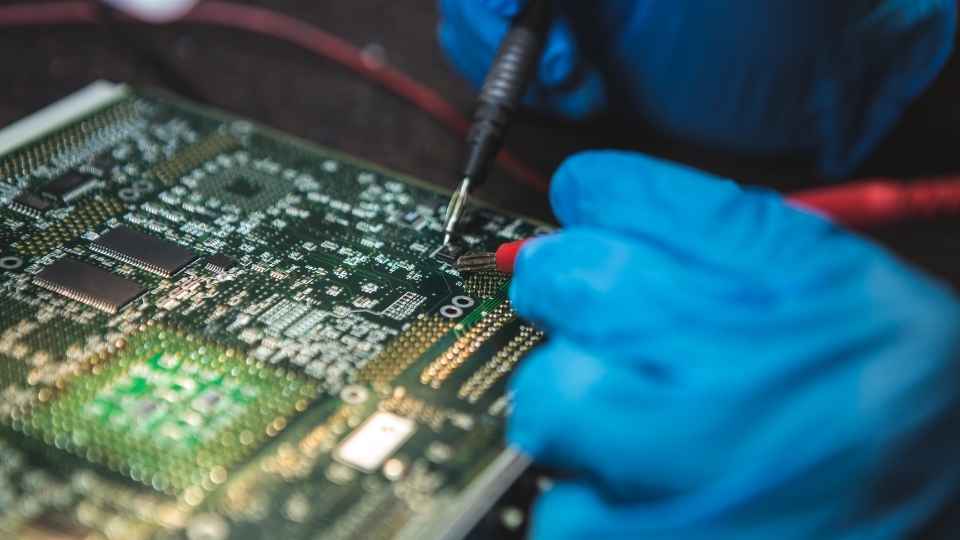
One of the key advantages of using a magnifying lamp is the ability to clearly see minute details that would otherwise be difficult to discern with the naked eye. This ensures that no tiny component or solder joint goes unnoticed, reducing the chances of errors in the assembly process. Furthermore, these lamps often come equipped with adjustable arms and swivel heads, allowing technicians to position them at optimal angles for maximum visibility.
For those who desire freedom in their electronics workbench setup, investing in a high-quality magnifying lamp is essential. Its precise illumination and magnification capabilities are indispensable tools that enable accurate execution of intricate electronics projects.
Exploring the Necessity of Lab Power Supplies
To achieve accurate and reliable results in an electronics lab, a well-equipped workspace should include a high-quality power supply. A lab power supply is an essential tool that provides a stable and adjustable voltage source for powering various electronic components and circuits. It allows engineers and technicians to precisely control the voltage and current output, ensuring optimal performance of their projects. With features like overvoltage protection, short-circuit protection, and current limiting capabilities, a quality lab power supply safeguards against potential damage to sensitive components. Furthermore, it offers freedom in experimenting with different voltage levels to test the behavior of circuits under varying conditions. By incorporating a lab power supply into the electronics bench setup, professionals can efficiently conduct experiments, troubleshoot issues, and design complex circuits without compromising accuracy or reliability.
Transitioning into the subsequent section about 'essential tools for efficient electronic component handling', another crucial aspect of any electronics bench is having the right tools for handling electronic components with efficiency.
Efficient handling of electronic components requires the utilization of specialized tools that facilitate precise manipulation and placement. One such tool is a pair of fine-tipped tweezers, which allow for delicate handling of small components without causing damage. Additionally, a set of precision screwdrivers is essential for removing and replacing screws in electronic devices. A soldering iron with adjustable temperature control is another crucial tool, enabling the precise application of solder to create strong electrical connections. Furthermore, an antistatic wrist strap is necessary to prevent electrostatic discharge from damaging sensitive components. Finally, a digital multimeter helps measure voltage, current, and resistance accurately during troubleshooting or circuit testing.
By having these tools readily available on your electronics bench, you can ensure efficient and accurate handling of electronic components.
To create a safe and organized workspace for electronics projects...
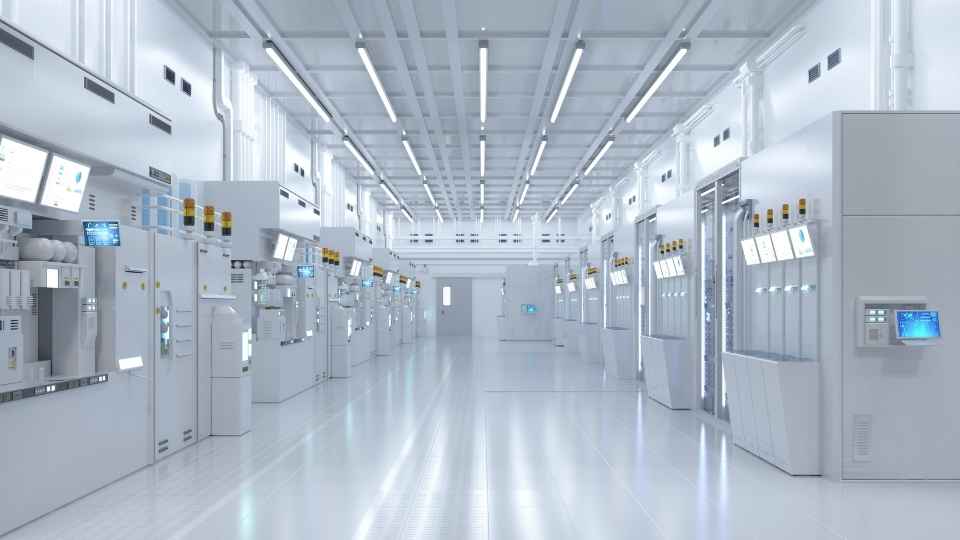
Creating a Safe and Organized Workspace for Electronics Projects
Creating a safe and organized workspace for electronics projects involves implementing proper storage solutions for components, tools, and equipment.
Ensuring that these items are stored in an organized manner not only promotes efficiency but also minimizes the risk of accidents or damage.
One essential aspect of storage is the use of containers or bins that can house various sizes of electronic components. These containers should have separate compartments to prevent mixing and provide easy access during project assembly. Additionally, labeling each container with clear descriptions will enable quick identification and retrieval of specific components.
Furthermore, it is important to allocate designated areas for tools and equipment such as soldering irons, wire strippers, and pliers. This allows for easy accessibility while maintaining a clutter-free environment.
Maximizing Productivity With the Right Equipment and Accessories
To maximize productivity in electronic projects, it is crucial to have the right equipment and accessories. Using essential tools such as soldering irons, multimeters, and oscilloscopes ensures accurate measurements and efficient troubleshooting.
Additionally, investing in workspace organizers like tool racks and component holders helps maintain orderliness and quick access to necessary materials.
Essential Equipment for Productivity
In order to maximize productivity in the electronics bench, it is crucial to have essential equipment that enables efficient workflow and accurate results. This includes:
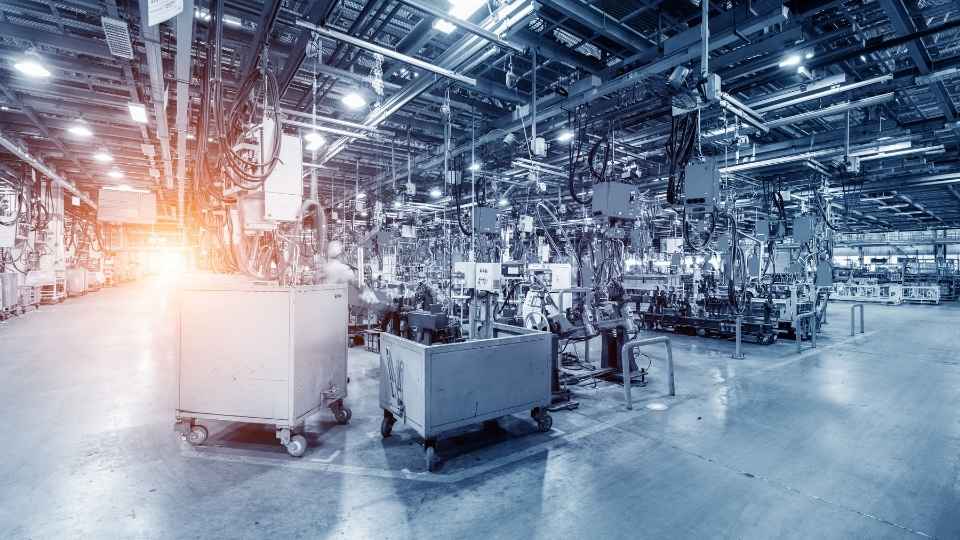
Magnifying lamps: These provide clear visibility of small components and intricate details, reducing eye strain and enabling precise work. They are especially useful when working with tiny soldering joints or delicate circuitry.
Lab power supplies: These devices offer a stable and adjustable source of power for testing and prototyping electronic circuits. With features like variable voltage and current limits, they allow users to simulate real-world conditions accurately.
ESD protection equipment: Electrostatic discharge (ESD) can damage sensitive electronic components, leading to malfunctions or even complete failure. To prevent this, ESD mats, wrist straps, and grounding cables should be used during assembly or repair tasks.
Benefits of Workspace Organizers
Efficiently organizing the workspace not only enhances productivity but also promotes a clean and clutter-free environment, allowing easy access to tools and materials. Workspace organizers play a crucial role in achieving this goal.
One key benefit of using organizers is that they help keep different components and tools neatly arranged. For example, using drawer units with compartments allows for efficient storage of small electronic parts such as resistors, capacitors, and IC chips. This prevents them from getting lost or damaged, saving time and money.
Additionally, organizers like tool racks or pegboards provide quick visibility and accessibility to frequently used hand tools such as soldering irons, pliers, and screwdrivers. By having everything in its designated place, technicians can work more efficiently without wasting time searching for tools or components.
This seamless organization sets the stage for the importance of component holders in maintaining an organized electronics bench setup.
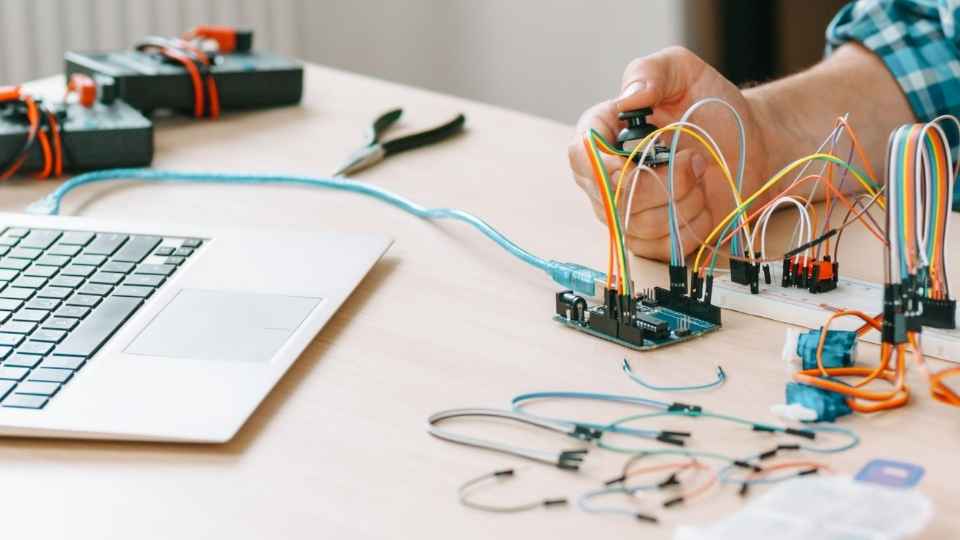
Importance of Component Holders
Component holders are essential tools that contribute to the overall organization and efficiency of an electronics workbench setup. These holders provide a dedicated space for storing various electronic components, ensuring easy access and preventing them from getting lost or damaged.
Here are three reasons why component holders are crucial for an organized workspace:
Efficient Component Management: With component holders, you can neatly categorize and store different types of resistors, capacitors, diodes, and other small parts. This makes it easier to locate specific components when needed, saving time during assembly or repair tasks.
Preventing Damage: Component holders protect delicate electronic components from static electricity and physical damage. The compartments or slots in these holders keep the components securely in place, reducing the risk of accidental drops or mishandling.
Space Optimization: By using component holders, you can maximize your workspace by keeping components organized in compact containers or trays. This allows for better utilization of bench space while ensuring quick access to required components without cluttering the area.
Considering the Reliability and Benefits of Quality Lab Equipment
When it comes to laboratory equipment, reliability is of utmost importance.
Quality lab equipment ensures accurate and consistent results, minimizing the risk of errors and data discrepancies.
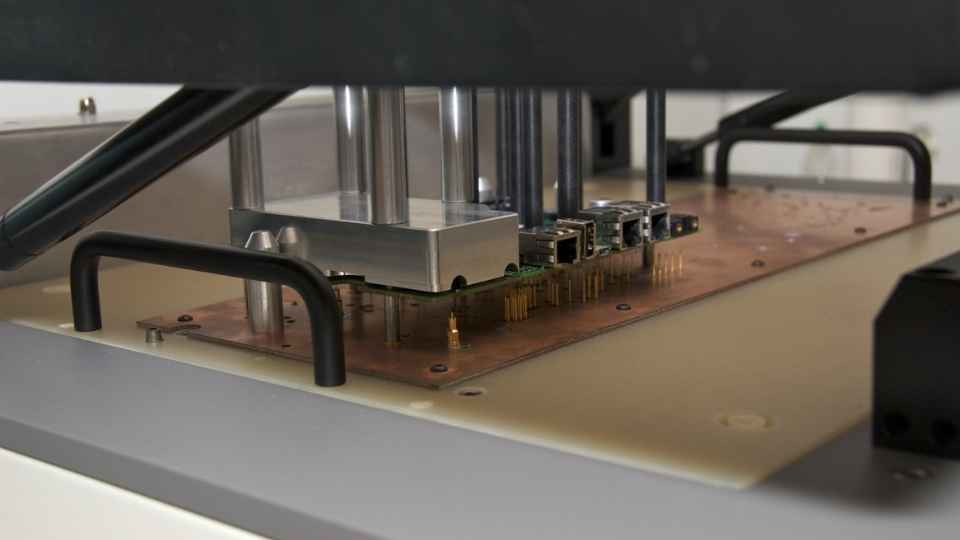
Additionally, investing in high-quality lab equipment offers numerous benefits like improved efficiency, durability, and longevity, ultimately enhancing productivity and reducing overall costs.
Lab Equipment Reliability
Reliability is a crucial factor to consider when investing in lab equipment for your electronics bench. To ensure that your experiments and projects run smoothly, it is essential to have reliable lab equipment that provides accurate results and minimizes downtime. Here are three reasons why reliability should be a top priority:
Consistent Performance: Reliable lab equipment ensures consistent performance over time, allowing you to trust the accuracy of your measurements and data.
Reduced Maintenance: Investing in reliable lab equipment means less time spent on maintenance and repairs. This frees up valuable time for experimentation and analysis.
Longevity: High-quality, reliable lab equipment has a longer lifespan, reducing the need for frequent replacements and saving you money in the long run.
Benefits of Quality Equipment?
Investing in high-quality lab equipment offers numerous benefits, including improved accuracy, increased efficiency, and enhanced productivity.
When it comes to conducting experiments or research in a laboratory setting, having reliable and accurate equipment is crucial. High-quality lab equipment ensures that measurements are precise and consistent, leading to more accurate data analysis and results.
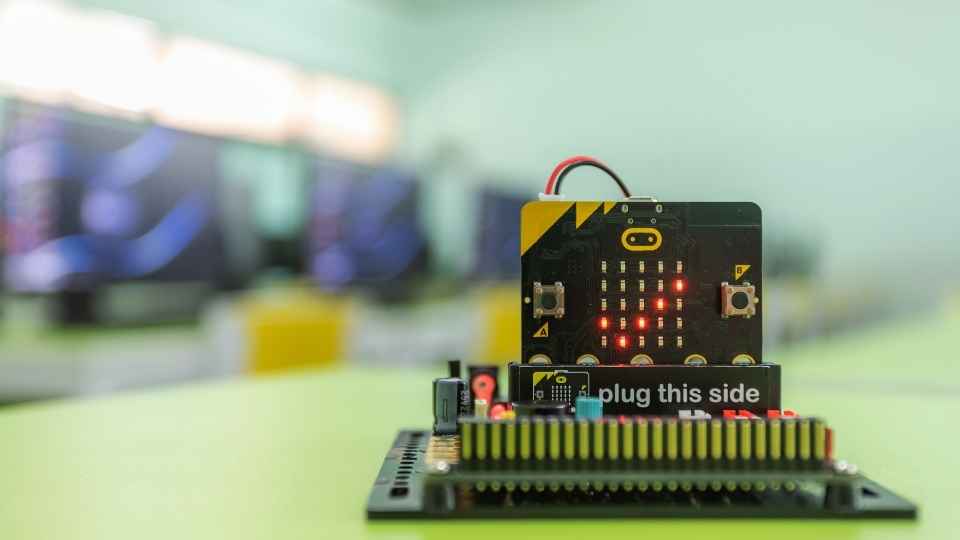
Additionally, such equipment often comes with advanced features and technology that can streamline processes and increase efficiency. This allows researchers to complete tasks in less time while maintaining the highest level of accuracy.
Moreover, investing in quality lab equipment can enhance overall productivity by reducing downtime due to equipment failures or malfunctions. By choosing reliable and durable lab instruments, researchers can focus on their work without disruptions or delays.
Ultimately, investing in high-quality lab equipment is essential for anyone seeking freedom from the limitations of unreliable tools and wanting to maximize their scientific potential.
Frequently Asked Questions
Some essential tools for efficient electronic component handling include soldering irons, multimeters, tweezers, wire strippers, and a breadboard. These tools allow for accurate measurements, precise connections, and troubleshooting during circuit assembly and repair.
How Can I Create a Safe and Organized Workspace for Electronics Projects?
To create a safe and organized workspace for electronics projects, it is important to prioritize factors such as proper grounding, adequate lighting, ergonomic furniture, cable management solutions, and the use of safety equipment like gloves and goggles.
What Are Some Ways to Maximize Productivity With the Right Equipment and Accessories?
To maximize productivity in any workspace, it is essential to have the right equipment and accessories. By carefully selecting tools that are technical, precise, and detailed, individuals can create a workspace that promotes freedom and efficiency.
What Factors Should I Consider When Assessing the Reliability and Benefits of Quality Lab Equipment?
When assessing the reliability and benefits of quality lab equipment, one must consider factors such as durability, accuracy, versatility, and safety features. These aspects ensure optimal performance and efficiency in various scientific experiments and research activities.
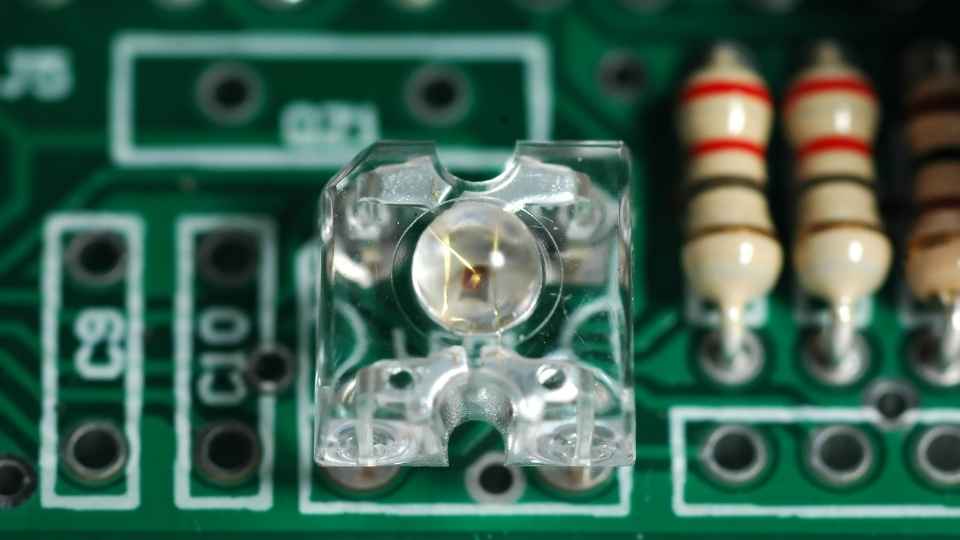
Are Magnifying Lamps and Lab Power Supplies Necessary for Every Electronics Bench Setup?
Magnifying lamps and lab power supplies are essential components for an electronics bench setup. They provide enhanced visibility and precision during intricate tasks, while also ensuring a stable and controlled power supply for reliable experimentation and testing.
 Basic Electronics ConceptsEssential ToolsCircuit Design BasicsMicrocontrollersDIY Electronics ProjectsRoboticsPrivacy PolicyTerms And Conditions
Basic Electronics ConceptsEssential ToolsCircuit Design BasicsMicrocontrollersDIY Electronics ProjectsRoboticsPrivacy PolicyTerms And Conditions
